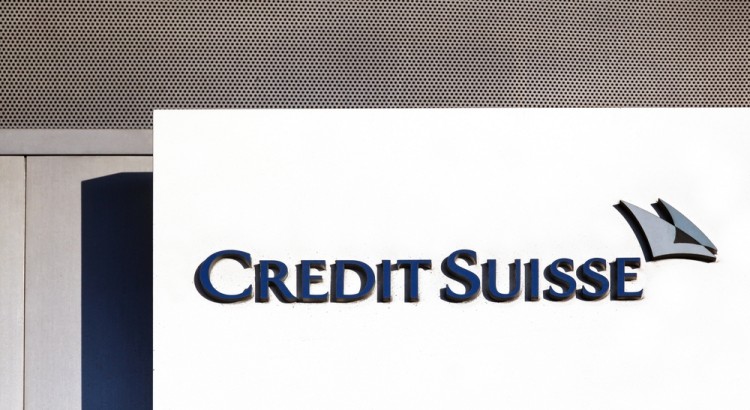A South Florida executive of Essex Holdings Inc. pled guilty in federal court to two counts of wire fraud in connection with a $29 million Ponzi scheme and another scam intended to illegally obtain economic development funds from South Carolina.
Navin Shankar Subramaniam Xavier, from Miramar, will be facing up to 20 years in prison and faces a $250,000 fine for each count when sentenced. Prosecutors agreed to drop an additional 13 counts of wire fraud against Xavier as part of his plea deal.
Xavier ran his schemes through Essex Holdings Inc. in Miami Gardens. His company purported to place investor funds in sugar shipping and iron ore mining in Chile. Xavier allegedly promised rates of return ranging from 8 to nearly 25 percent in the first nine months to convince nearly 100 investors to entrust him with nearly $29 million.
Instead, most of the money taken in the scam was spent on personal items, including a luxury SUV, several watches, diamonds, and even property in South Carolina. Later investors’ money was used to pay returns to earlier investors – a classic signature of a Ponzi scheme.
Xavier also received payments and property from the South Carolina Coordinating Council for Economic Development by providing falsified financial documents for Essex Holdings, claiming millions in assets that did not exist. The money and property were supposed to go toward revitalizing an industrial property into a diaper plant and rice packaging center. The revitalization did not happen.
Call a Securities Fraud Attorney Today
If you invested with Navin Xavier, Essex Holdings Inc., or believe you have been the victim of a similar Ponzi scheme, you may have certain legal rights that require your immediate attention.
The attorneys at Dimond Kaplan & Rothstein, P.A. have recovered over $100 million from banks and brokerage firms for their wrongful actions. Contact us to schedule a consultation today.









